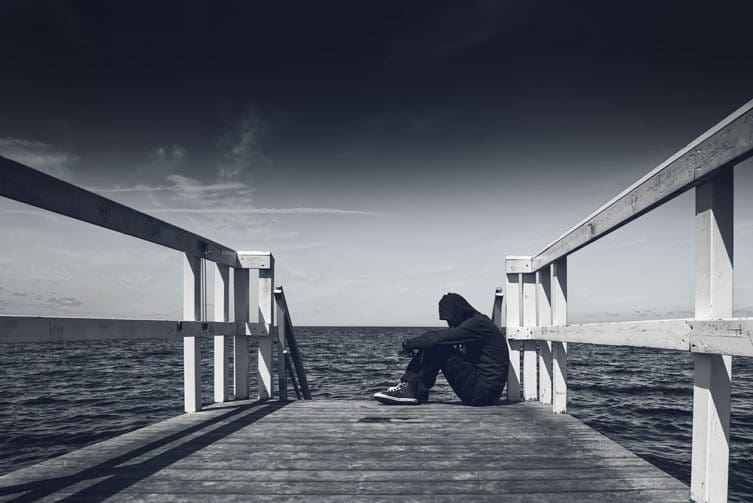Slippery slopes in recovery can be defined as behaviors that can trigger a relapse. These behaviors can range from isolating at home to acting out dangerously in various ways. Here are some examples of ways your recovering loved one might find themselves on a slippery slope.
Peer Pressure
One common saying inside the circles of recovery is to avoid the people, places, and things that were associated with one’s drinking or using. This is generally true and especially encouraged amongst newcomers or those in early sobriety, as temptation may be stronger for them. The people, places, and things associated with an addiction can be a slippery slope for people in recovery because they may cause the sober person to be surrounded by the substance from which they are trying to abstain. Also, people who were “using or drinking buddies” may not be very supportive or understanding of the individual’s recovery. People who are still active in their addiction or alcoholism may pressure the sober person to join them.
Isolation
Isolation is another slippery slope in recovery. Retreating from family, friends, and other people in recovery is not a good sign. For an individual in sobriety, isolating can be dangerous because he or she may be left alone with thoughts of using. As anyone in recovery knows, the lies we tell ourselves (e.g. “I can use just once” or “It’ll be different this time”) get us into trouble most often.
Other Signs
If a loved one has stopped attending meetings or is not participating in a program of recovery, that can be a slippery slope. Actively engaging in a program of recovery (most often through the 12 Steps of Alcoholics Anonymous) is crucial for a loved one to maintain their sobriety. To date, no one has gotten sober through osmosis.
It is important to accept that you can’t force a loved one to work a program of recovery, nor can you force them to stay sober, but knowing what some slippery slopes are and how not to enable them is equally important. If you see any slippery slopes in a loved one’s behaviors, don’t ignore them. Sharing your concerns and feelings with your loved one, without expectations, is a healthy way to support them in their sobriety.




